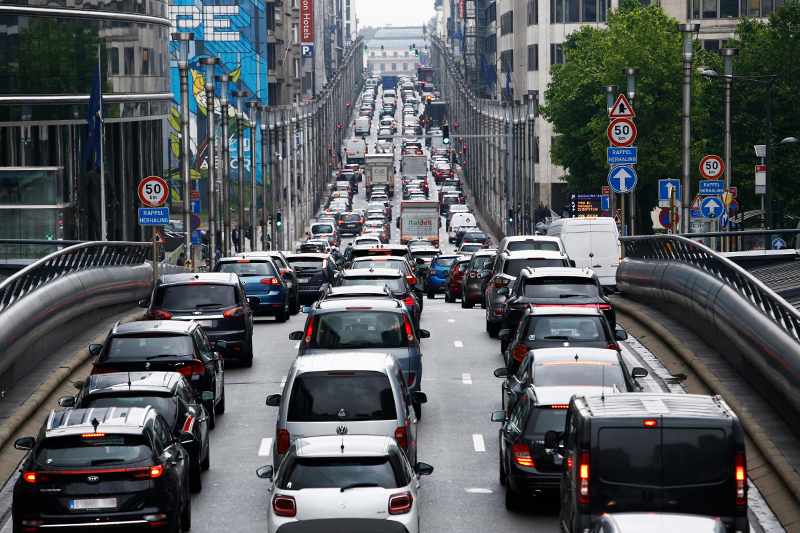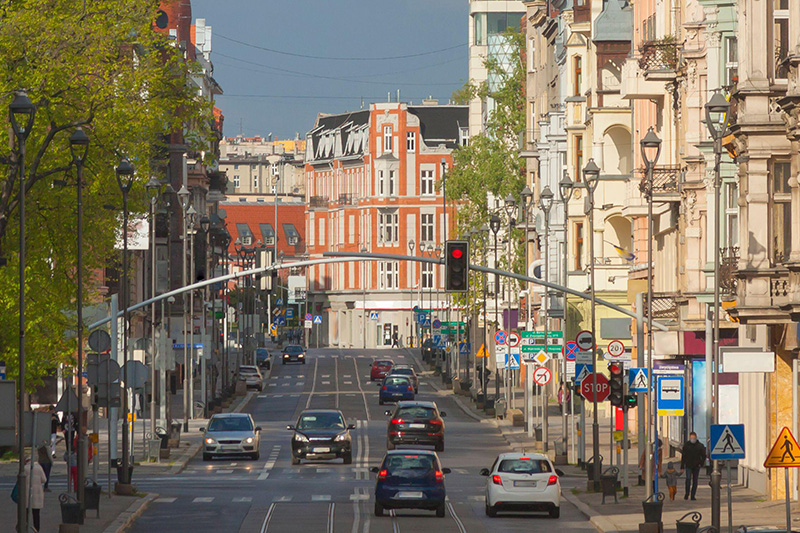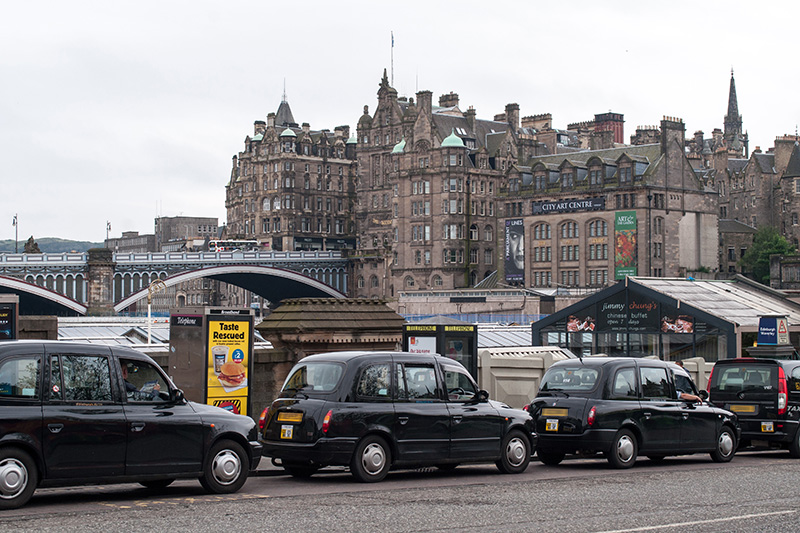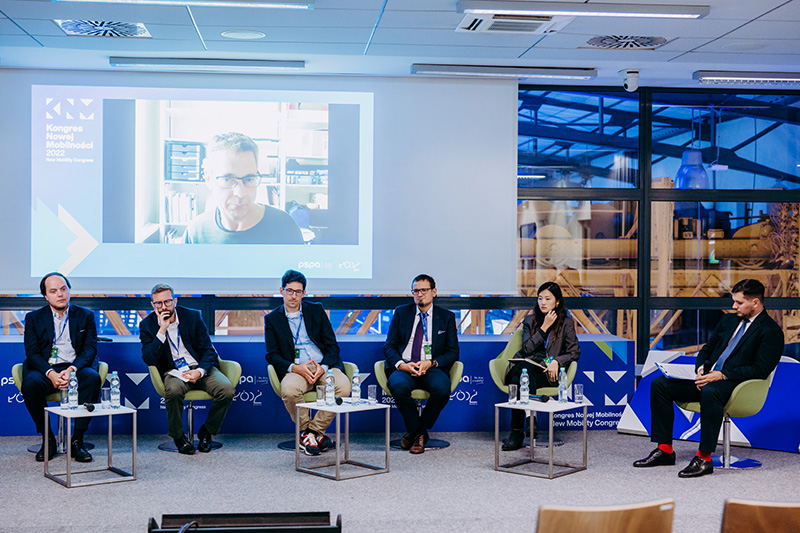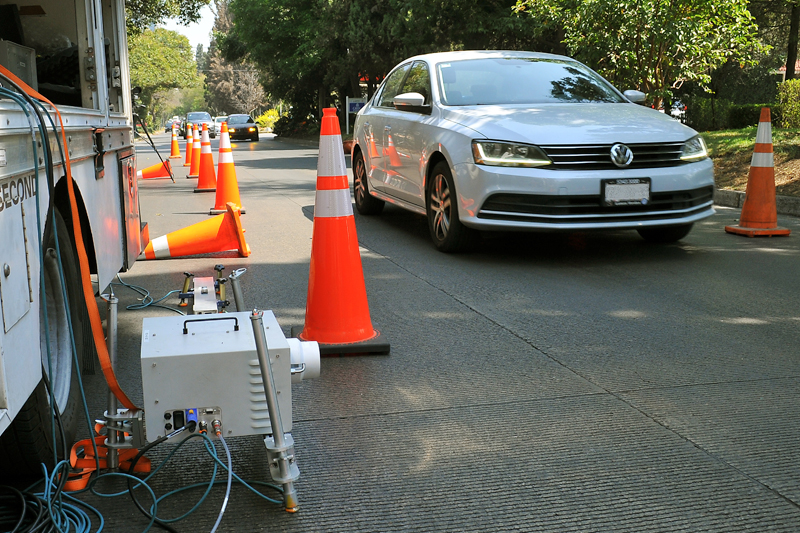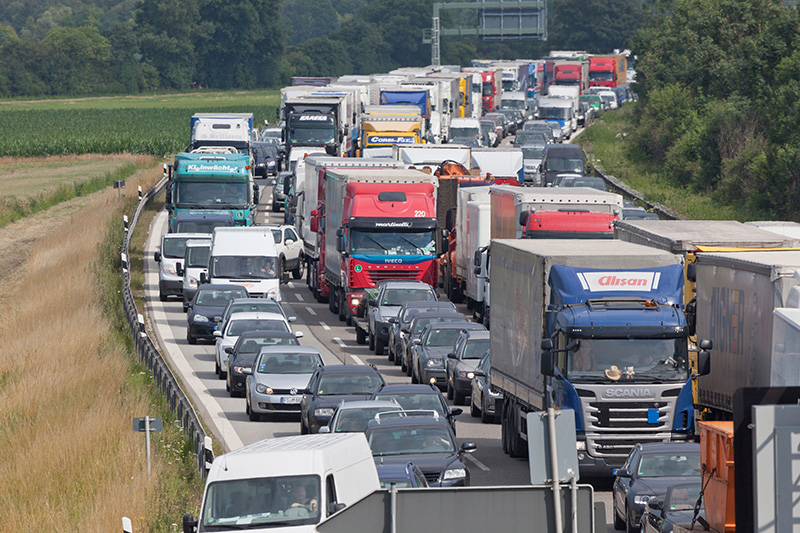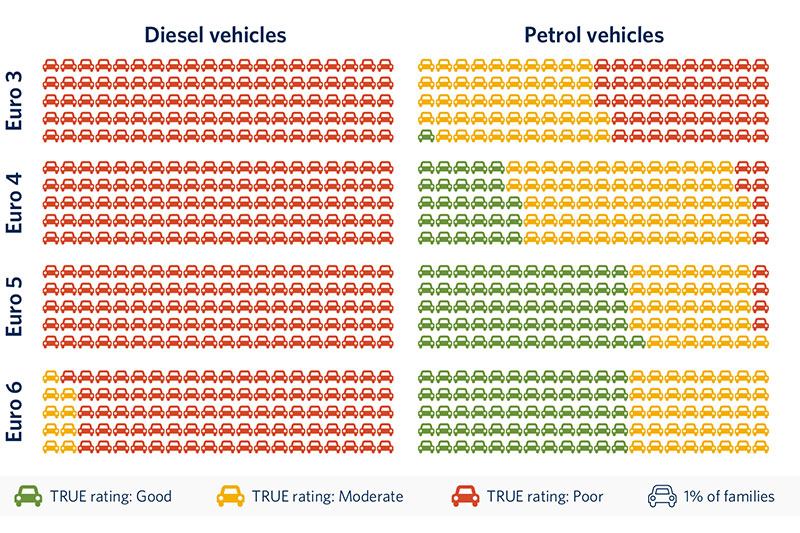Widen LEZ restrictions for cleaner air, new TRUE analysis tells Seoul
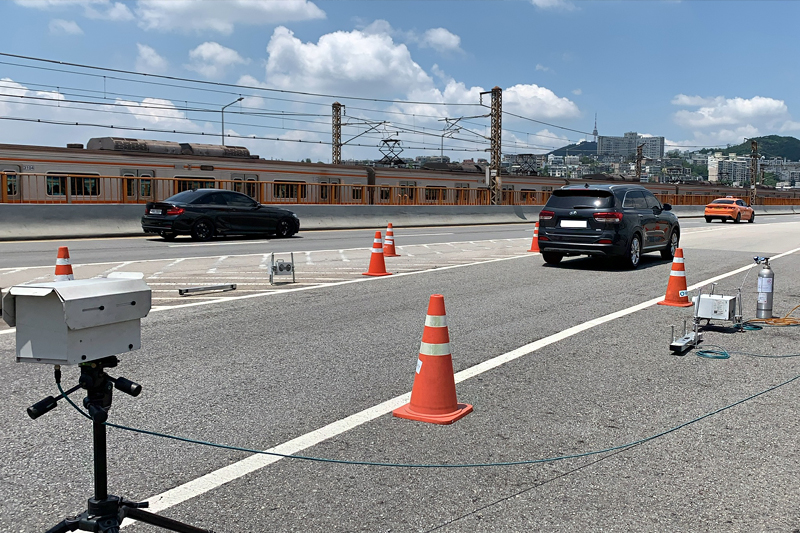
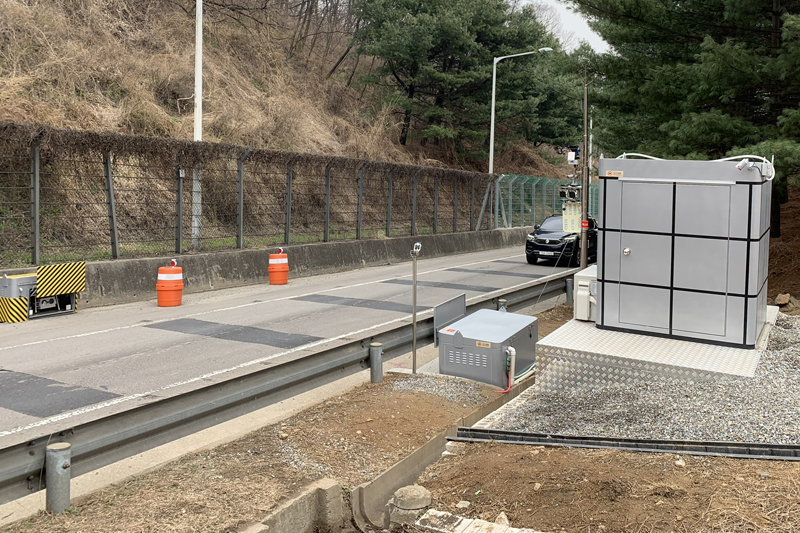
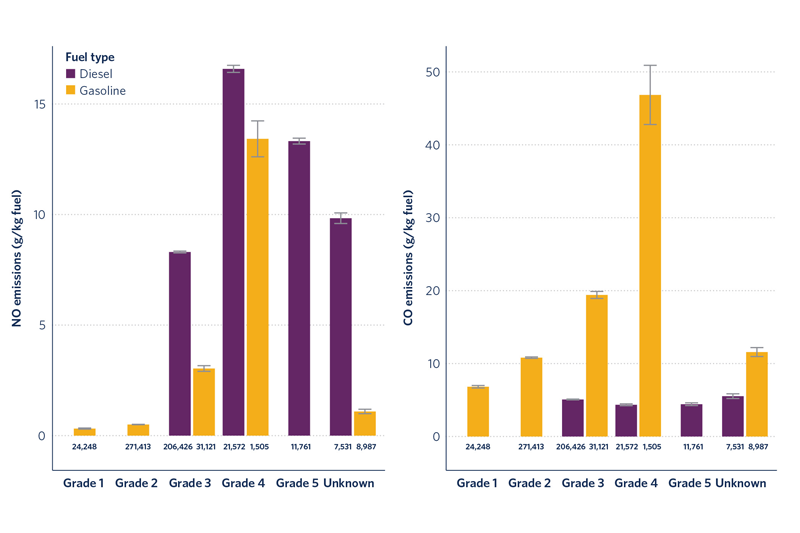
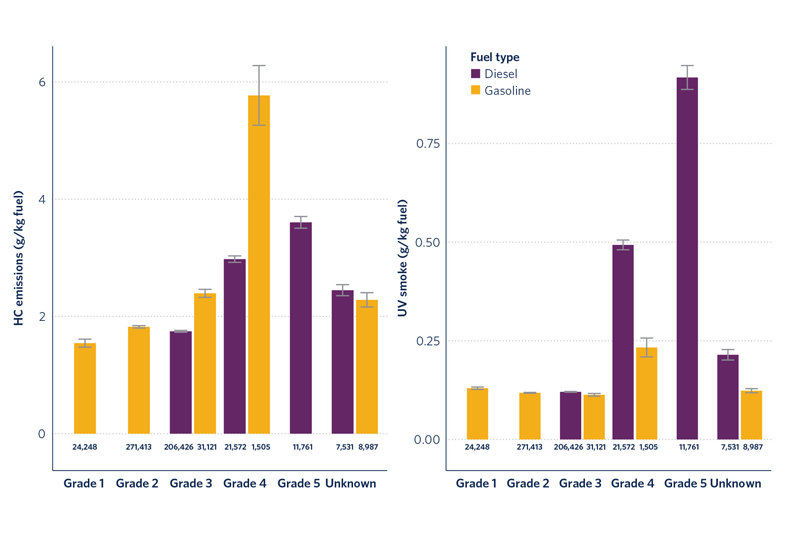
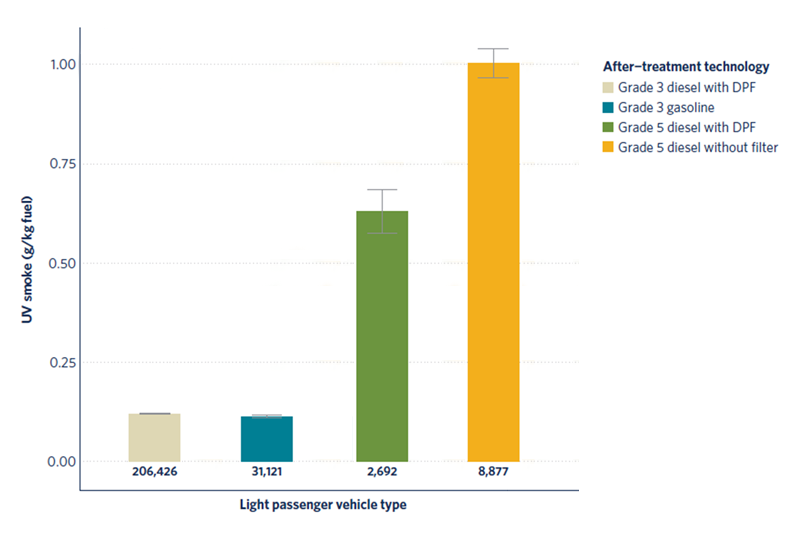
Fresh insights into the Seoul vehicle fleet and low-emission zone (LEZ) policies have been provided by a new TRUE Initiative study of the real-world emissions of the capital’s light-duty vehicle (LDV) fleet, including nitrogen oxide (NOx) emission levels of some newer vehicles and the impact of diesel particulate filter retrofits.
The study, undertaken by TRUE Initiative partner the International Council on Clean Transportation (ICCT) in partnership with the Korea Environment Corporation and Seoul Metropolitan Government, analyzed over 740,000 vehicle emissions records collected using remote sensing technology as part of the South Korean national periodic inspection program.
Researchers used this robust dataset to evaluate the real-world emissions of vehicles grouped by emissions grade, the classification which forms the basis for LEZ programs in South Korean cities. These LEZ programs aim to reduce emissions from vehicles and improve urban air quality. Vehicles are catagorised by emission level and fuel type from Grade 1, representing the cleanest vehicles in the fleet, to Grade 5, representing older, higher-emitting vehicles. As part of the capital’s LEZ policies, Grade 5 vehicles are banned from entering the city’s Green Transportation Zone, with some exceptions, including for vehicles equipped with a diesel particulate filter. The Seoul Metropolitan Government is currently reviewing its LEZ policy, considering expansion of the vehicle restrictions, and TRUE analysis identifies a range of additional steps that could be taken to maximize the impact of future air quality policies.
NOx emissions of Grade 4 diesel LDVs, analysis of the real-world emissions data showed, are comparable to or even higher than Grade 5 diesel LDVs, the only category currently restricted by the LEZ policies. This finding suggests that Grade 4 diesel vehicles should also be banned from the Seoul Green Transport zone to reduce transport emissions further.
The study also found that the PM emissions of Grade 5 diesel vehicles retrofit with a diesel particulate filter were 37% lower than comparable vehicles without filters. Despite this improvement, these emissions reductions are less significant than would be expected, and PM emissions from these retrofit vehicles are approximately four times greater than the emissions of diesel vehicles originally equipped with diesel particulate filter systems. These findings indicate policies encouraging the retirement of Grade 5 diesel vehicles would be a more effective PM control strategy than diesel particulate filter retrofits.
Retiring Grade 5 diesel vehicles and expanding the driving ban to include Grade 4 vehicles would significantly reduce NOx and PM emissions from in-use diesel vehicles and further improve Seoul's urban air quality.
Sheila Watson, FIA Foundation Deputy Director, said: “This new report represents the first published Asian TRUE analysis and shows the local, national and global significance of real-world emissions data. Effective LEZ policies are only possible when based on accurate data and this study highlights two key ways the Seoul Metropolitan Government can legislate for cleaner urban air.”
To read the Paper and the Factsheet on Remote sensing of motor vehicle emissions in Seoul please click here.

